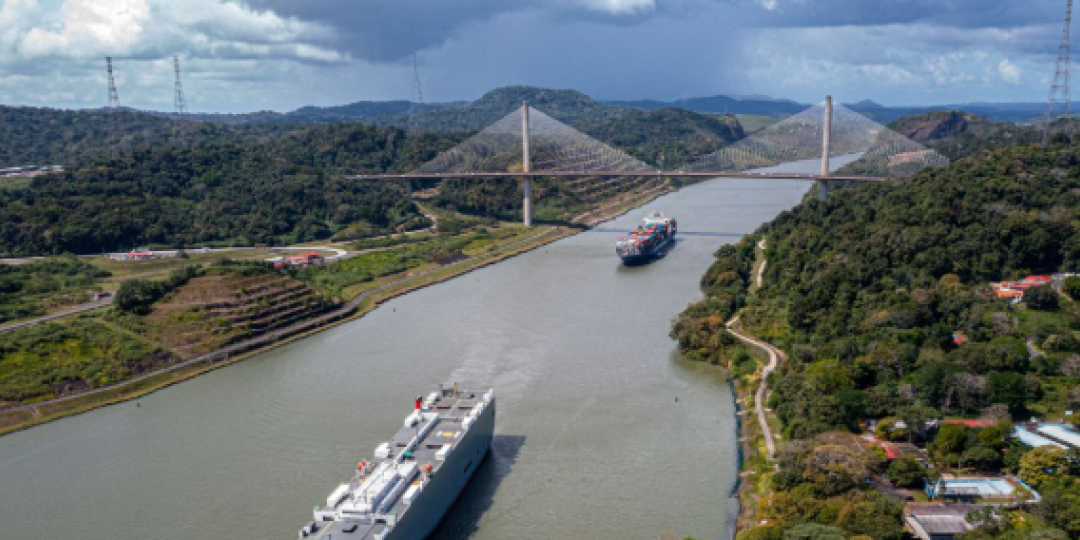During an official visit to Panama on Sunday, United States Secretary of State Marco Rubio called on the country to take steps to end China’s influence over the Panama Canal.
Rubio warned Panama's President, Jose Raul Mulino, that the United States would "take measures if necessary" if he does not swiftly take action to end what President Donald Trump, during his inauguration speech, described as China’s control over the strategic Panama Canal.
Mulino, reacting to Trump’s allegations and threat during his speech that the US would “take back” the waterway, which it had built in the early 20th Century and previously controlled, lashed back, saying that the Panama Canal belonged to Panama. The US handed control of the canal to Panama in 1999 and it has operated it ever since.
US State Department spokesperson Tammy Bruce said in a statement that Rubio had delivered a message from Trump that China's presence close to the canal, where a Chinese-owned company operates two ports, was a threat to the waterway and a violation of the US-Panama treaty.
"Secretary Rubio made clear that this status quo is unacceptable and that absent immediate changes, it would require the United States to take the necessary measures to protect its rights under the Treaty," Bruce said.
Rubio did not explain what steps Panama must take to address the situation or what the US would do if the country did not heed the warning.
After talks with Rubio in Panama City this weekend, Mulino indicated that he would review contracts involving China and Chinese-owned businesses, but he reiterated that relinquishing control over the Panama Canal was not negotiable.
This is despite Trump refusing to rule out the use of military force against Panama, although AFP reported that on Sunday, he had said that he did not think troops would be necessary. He insisted, however, that Panama had violated the agreement and that the United States would take back the canal.
"China's running the Panama Canal. That was not given to China, that was given to Panama - foolishly - but they violated the agreement, and we're going to take it back, or something very powerful is going to happen," Trump told reporters.
"I don't think troops will be necessary in Panama," he added.
Rubio visited the Panama Canal as part of his official trip to the region, which includes Panama, El Salvador, Costa Rica, Guatemala and the Dominican Republic.
The Panama Canal Authority said in a statement that it had conveyed to Secretary Rubio its intention to work with the US Navy to optimise transit priority of its vessels through the waterway.
The waterway is a significant driver of the commercial relationship between the United States and Panama.
In 2024, 52% of transits through the Canal had ports of origin or destination in the US. Additionally, more than 76% of the cargo that transited the canal had the US as its origin or destination, and more than three-quarters of this cargo used the Neopanamax lock.













